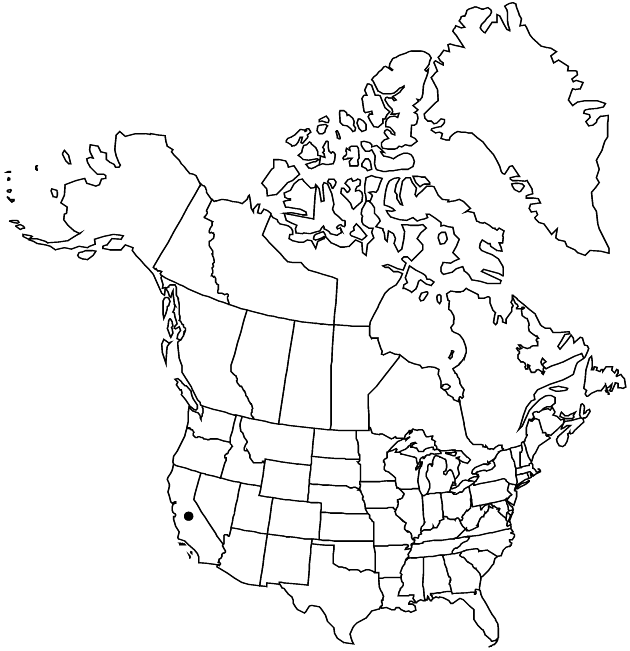Difference between revisions of "Monolopia major"
in A. P. de Candolle and A. L. L. P. de Candolle, Prodr. 6: 74. 1838.
FNA>Volume Importer |
FNA>Volume Importer |
||
| Line 46: | Line 46: | ||
|publication year=1838 | |publication year=1838 | ||
|special status= | |special status= | ||
| − | |source xml=https://jpend@bitbucket.org/aafc-mbb/fna-data-curation.git/src/ | + | |source xml=https://jpend@bitbucket.org/aafc-mbb/fna-data-curation.git/src/8f726806613d60c220dc4493de13607dd3150896/coarse_grained_fna_xml/V19-20-21/V21_877.xml |
|tribe=Asteraceae tribe Heliantheae | |tribe=Asteraceae tribe Heliantheae | ||
|subtribe=Asteraceae (tribe Heliantheae) subtribe Baeriinae | |subtribe=Asteraceae (tribe Heliantheae) subtribe Baeriinae | ||
Revision as of 15:38, 18 September 2019
Leaves oblanceolate to lance-linear. Peduncles 10–130 mm. Involucres 8–13 mm. Phyllaries ± 8, connate ± 3/4 their lengths (forming cups with distinct, triangular lobes), oblanceolate, apices acute. Ray florets ± 8; corollas usually yellow, sometimes cream, laminae 8–20 mm, ± equally 3-lobed. Disc florets 60–100. Cypselae obcompressed, 2.5–4 mm, 3-angled (ray), 4-angled (disc), glabrous or apically hairy. 2n = 24.
Phenology: Flowering Feb–Jul.
Habitat: Clayey areas in grasslands
Elevation: 10–1100 m
Discussion
Selected References
None.
Lower Taxa
None.
